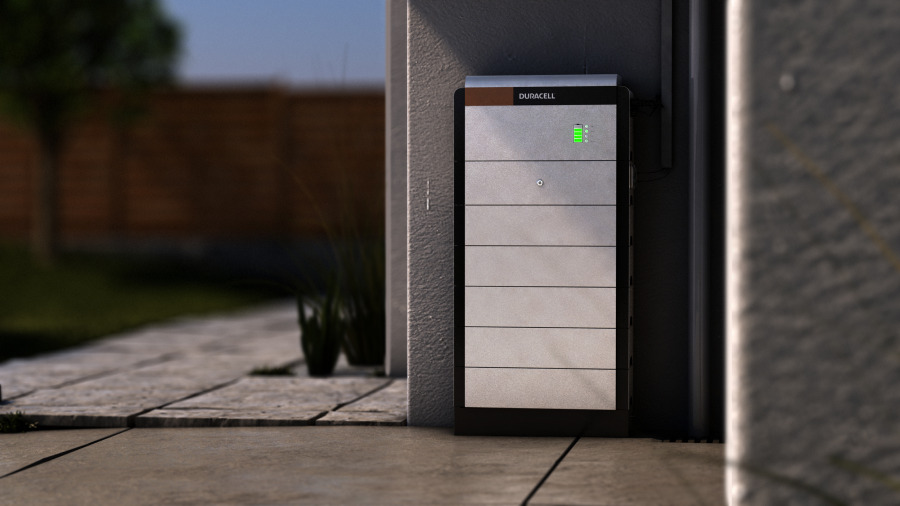
Social Energy expanded into Australia in a partnership with Duracell last year. Image: Social Energy
Social Energy has launched a new solar export tariff offering 20p/kWh for the first 1,000kWh exported per year.
Following this, the tariff drops to an uncapped 6p/kWh, just above the 5.6p/kWh that saw Social Energy rise to the top of the export tariff leaderboard when the Smart Export Guarantee came into effect in January 2020. While Social Energy wasn't required to launch a tariff, it was already offering the 5.6p/kWh export rate to its customers, beating out other export tariffs including Octopus Energy's 5.5p/kWh, Bulb's 5.38p/kWh and OVO Energy's and ScottishPower's 4.0p/kWh.
Social Energy has already completed a closed beta of the new tariff, which was available to customers with a Social Energy connected battery installed in their homes.
It is aiming to deliver a simple way to provide virtual power plant (VPP) revenues to residential customers while also putting the onus on the supplier to continue to deliver results, with the new tariff able to provide a typical customer with a credit back on their bill of £240 over the course of a year.
The company is also looking to simplify the explanation of VPPs in a wider sense, and as such it has embarked on a rebrand as well as launched a new website which both demonstrates its activity in residential energy storage in the UK and Australia and sets out its intentions and activity within commercial storage aggregation and solutions for the social housing sector.
The company expanded into Australia in November, partnering with Duracell to offer a system that utilises its artificial intelligence platform and VPP technology to save Australian households as much as $2,182 (approx. £1,200) in the first year. As part of this, it is offering a feed-in tariff of around 22p/kWh for the first 300kWh customers export each quarter.
Daniel Mahoney, marketing director at Social Energy, said: “We knew that we could overdeliver on our ‘grid trading’ earnings for customers, but often struggled with making that quantifiable for the typical homeowner. By bundling up our FFR revenues and other VPP facilitated savings, we have seen a brilliant response from customers and selected industry partners alike.”
In October, Tesla launched the highest SEG tariff available, with this coming in at 8.0p/kWh for current Tesla vehicle owners and 11p/kWh for non-Tesla vehicle owners. Meanwhile, calls have continued to come in to set a minimum floor price for SEG tariffs – a key ask from the solar industry ahead of the policy's implementation – with the Environmental Audit Committee recommending the introduction of a floor price above zero in May in order to support community energy.

